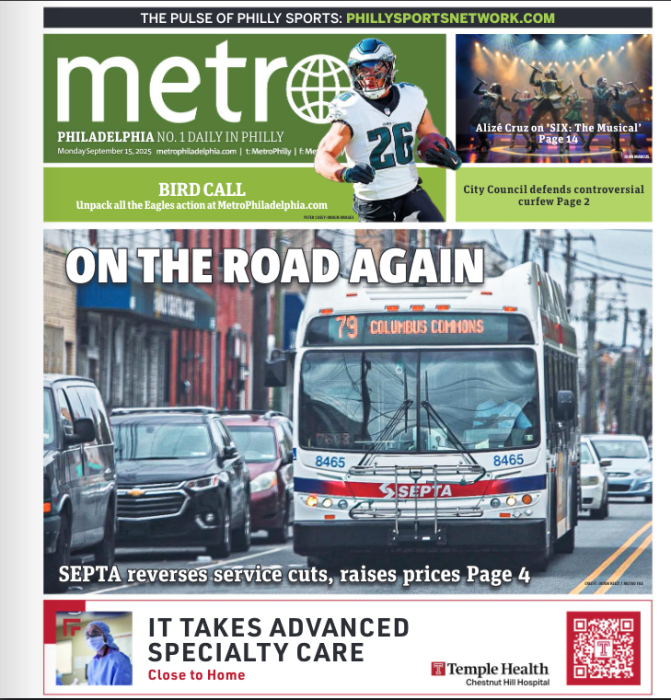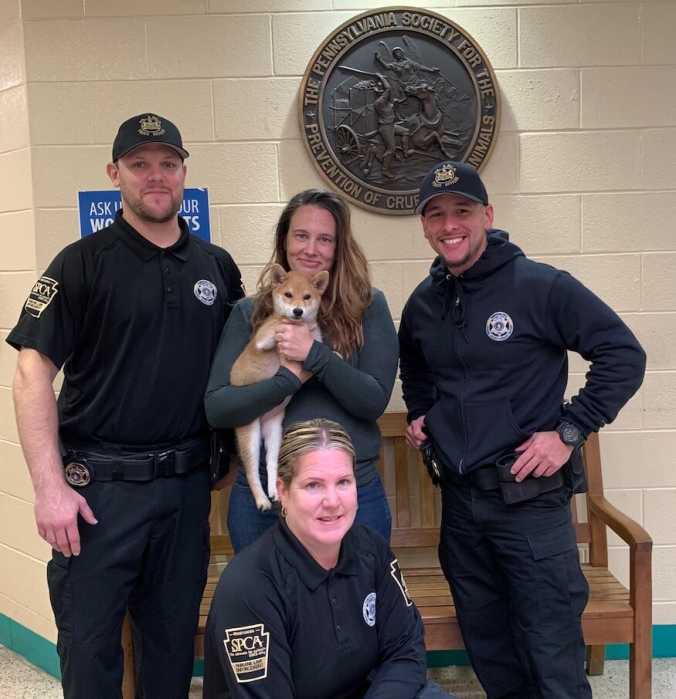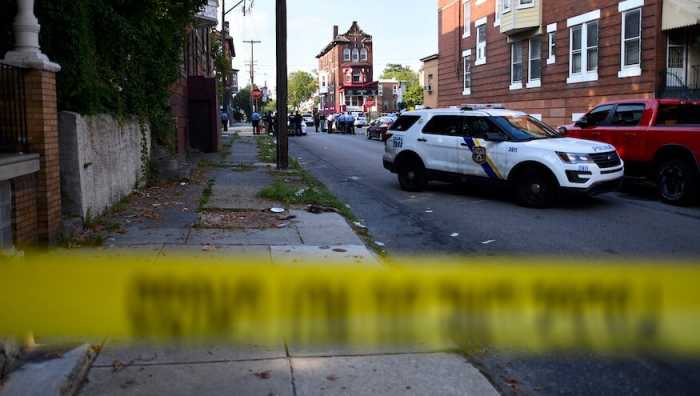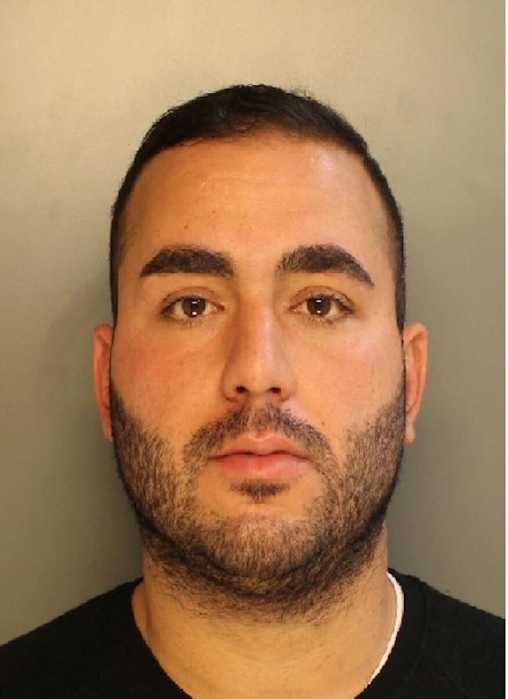Philly is planning on bringing composting to neighborhoods throughout the city.
The Philly Parks and Recreation office plans to create as many as 25 new sites to help reduce food waste and promote sustainability. The composting project was brought to life by a partnership between the Philadelphia Parks and Recreation, The Office of Sustainability, The Zero Waste and Litter Cabinet and additional funding from Comcast.
The EPA reports that 94 percent of food that Americans throw out end up in landfills or combustion facilities, and of that food, 30 percent could be composted.
According to Philly’s Greenworks plan, which outlines how the city is planning on becoming more sustainable, Philadelphians produce 15 pounds of trash each week. Officials hope that by creating programs like this, it can help to reduce the city’s carbon footprint.
So how does composting help the environment, besides keeping items out of the landfill? The EPA says composting also helps enrich the soil, reduces the need for chemical-based fertilizer, and encourages beneficial bacteria and fungi growth.
The concept behind the composting in Philly is that neighbors will bring together their waste to create new soil to use in their neighborhoods. The compost is free or low-cost and hopes to inspire and cultivate a sense of community.
Urban agriculture director Ash Richards, will oversee the Philadelphia Community Composting Network program and told Inquier.com that “Ultimately, we want residents and folks who have agricultural projects to have access to land and grow nutrient-rich food. So we want them to have nutrient-rich soil.”
It is being reported that the compost bins will be built by city workers as well as members of Parks and Recs Power Corps. The bins have been designed to be animal-proof — so they should hold up if there are any more local bear sightings.
The city is currently looking for sites to host the composting. Community and civic organizations, schools, community gardens and farms, and neighborhood spaces are encouraged to apply. Applications can be sent through at link at www.phila.gov, and are due by June 28.





























